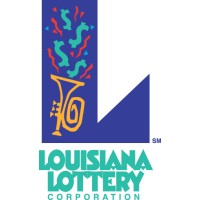
GLI Europe B.V.
GLI Europe B.V. is an independent organization serving European and international markets as part of the Gaming Laboratories International (GLI) network of companies. This global network was founded in 1989 by James Maida and Paul Magno as the first privately owned organization of its kind in the world dedicated to offering independent consulting, testing, inspection and certification services in the gaming and casino technology fields for regulatory markets worldwide. GLI Europe was initially established in Holland by GLI founders Maida and Magno in 1998, to address the integrity concerns of European regulators resulting from the rapid growth of gaming throughout the European community. The office has since undergone several major expansions, and is currently staffed by over 40 test engineers and numerous additional administrative and technical support employees. Our facility, centrally located in Haarlem, Netherlands, occupies approximately 2000 square meters of testing floor space, suitably equipped to test the integrity of all types and categories of gaming devices and systems, as well as their ability to operate with each other. Our reputation for integrity, quality, competence and independence is accepted by regulators throughout the European gaming world. As a result, we have been retained by numerous European jurisdictions to test or provide gaming related consulting services. We offer both hourly and fixed rate pricing for our services. We can also provide you with quotes or estimates tailored to your specific submission. This will normally depend on the resources required for the project. We are committed to giving you the highest level of quality and customer service.






